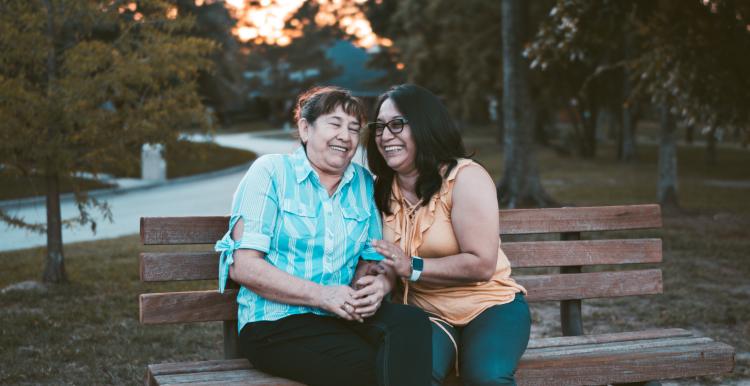Thinking about end of life care for you and your family

End of life care should help you to live as well as possible until you die and to die with dignity. It includes palliative care so if you have an illness that can't be cured, palliative care makes you as comfortable as possible, by managing your pain and other distressing symptoms.
The guidance on the NHS website provides you with information on what you can expect and the support available. Or find out about local support for how to plan ahead here.
What you can expect from end of life care
There are a number of things to think about when planning end of life care that makes an already stressful situation, even harder.
Key things to think about
1. How you want to be cared for
Those that provide your care should ask you about your wishes and preferences and take these into account as they work with you to plan your care. They should also support your family, carers or other people who are important to you. You can make an advance care plan at any time to record how you would like to be treated or cared for at the end of life or if you were unable to express your wishes.
2. Coping financially
Ask your GP, hospital doctor or nurse to refer you to a hospital social worker or community social worker to help with your finances. As well as that, you can check if you are eligible for any benefits, or perhaps there are certain charities that can help.
Find out more
3. Maintaining your wellbeing
Looking after your health and wellbeing is important when you're living with a terminal (life-limiting) condition. Take a look at the advice and information to help you cope with terminal illness and managing pain and stress.
Find out more
4. Where you want to be cared for
You may be offered care in a variety of settings. You can receive end of life care at home, in a care home, in a hospital, in a hospice.


